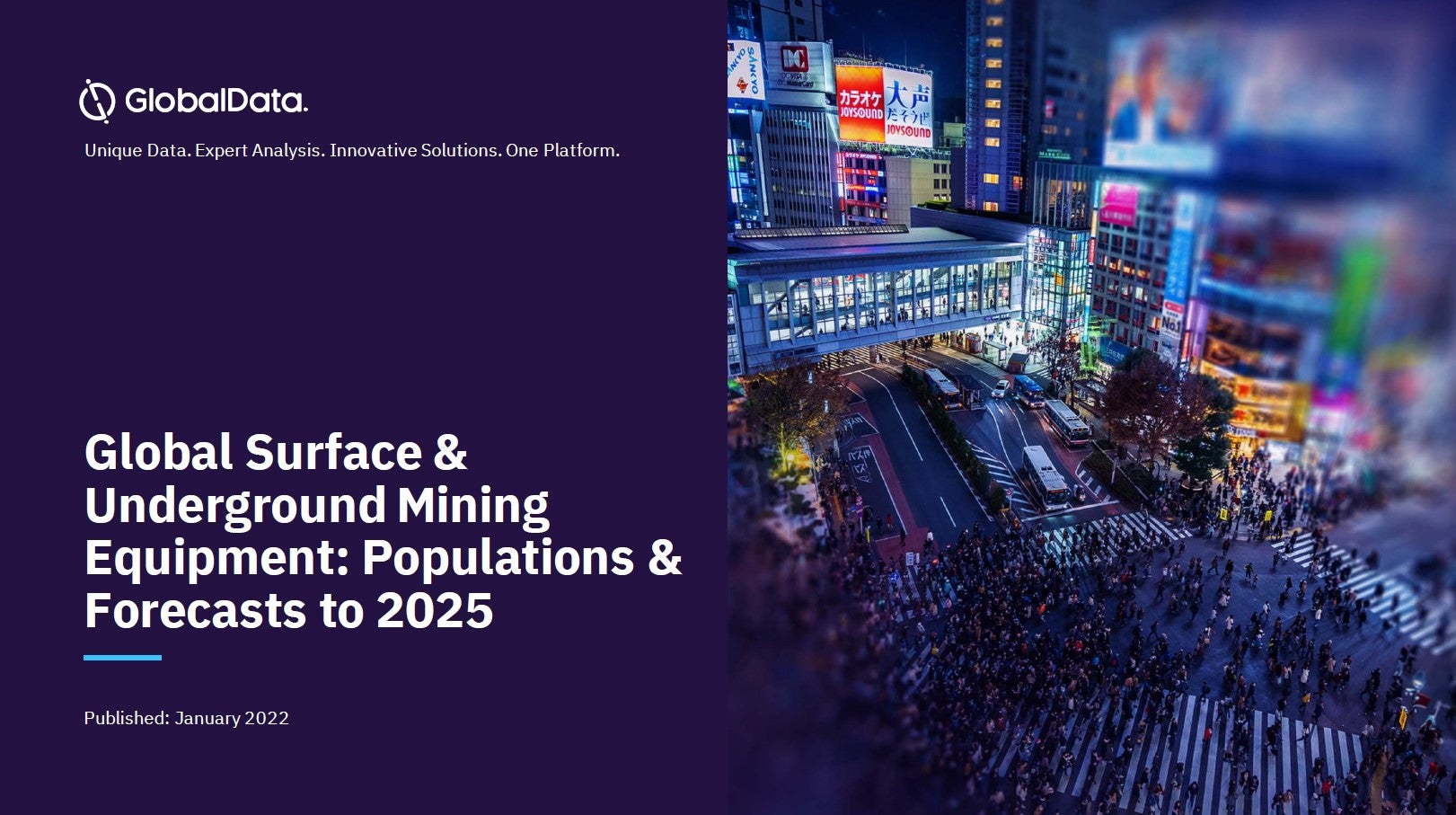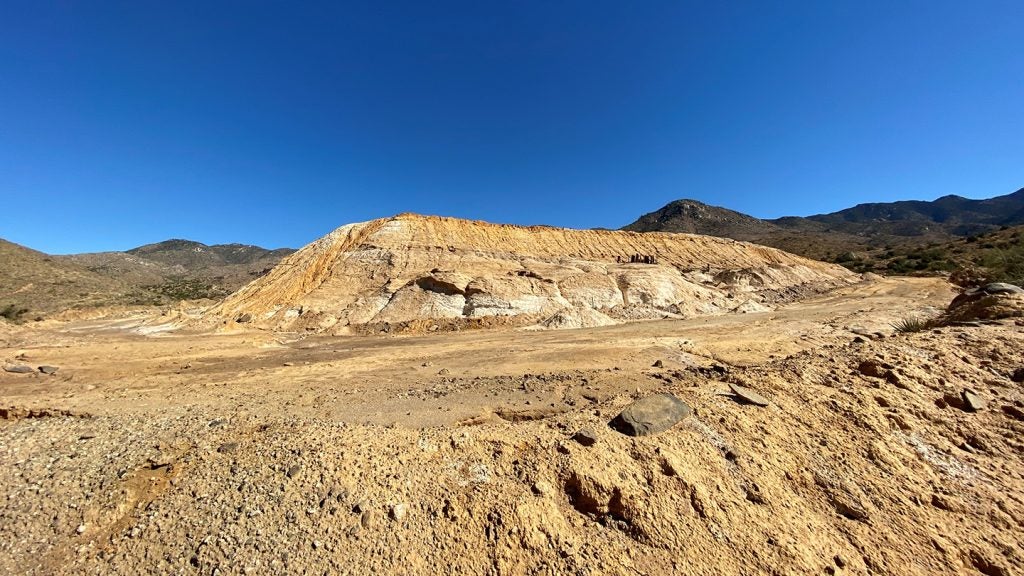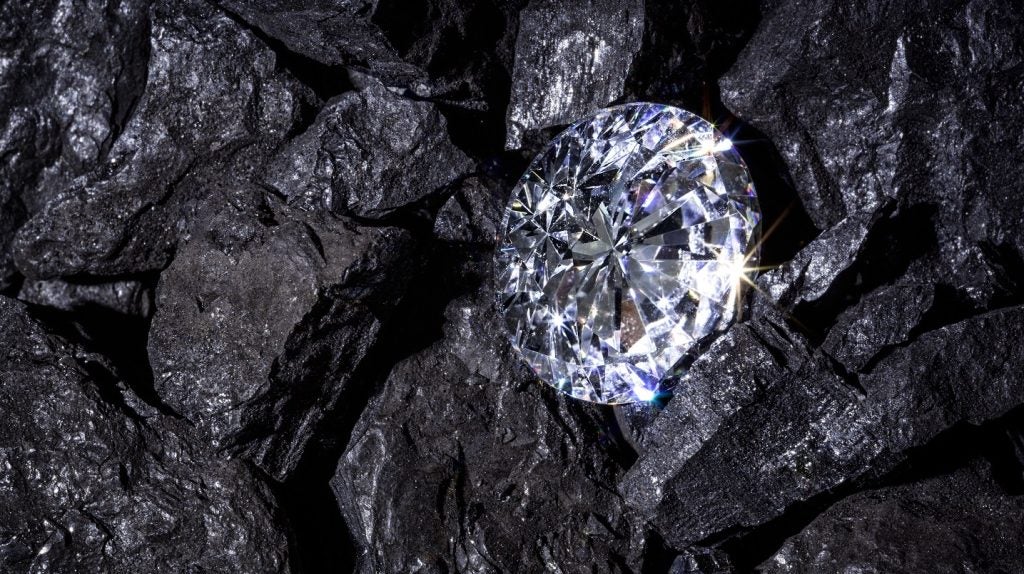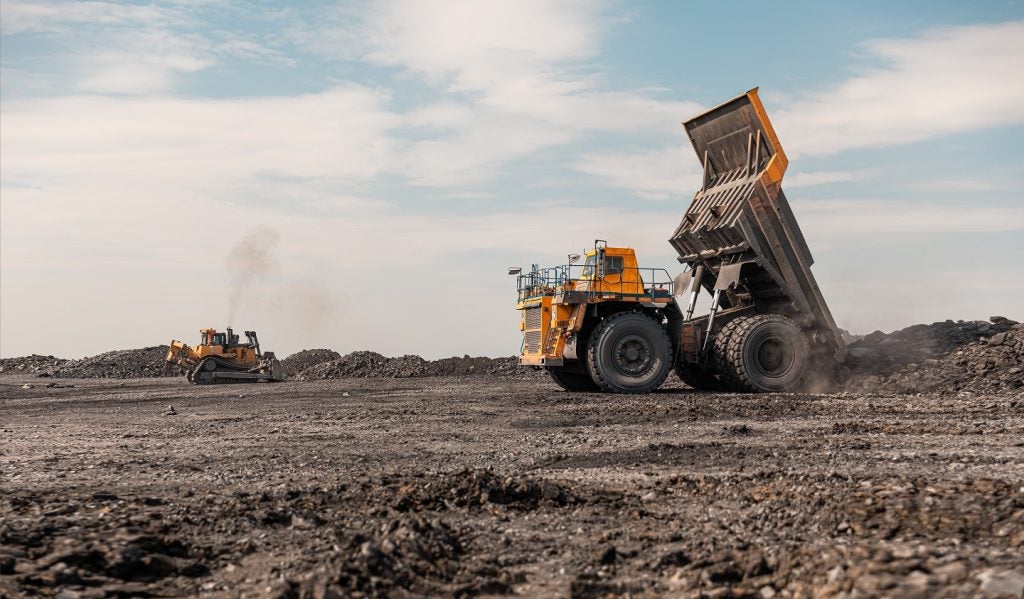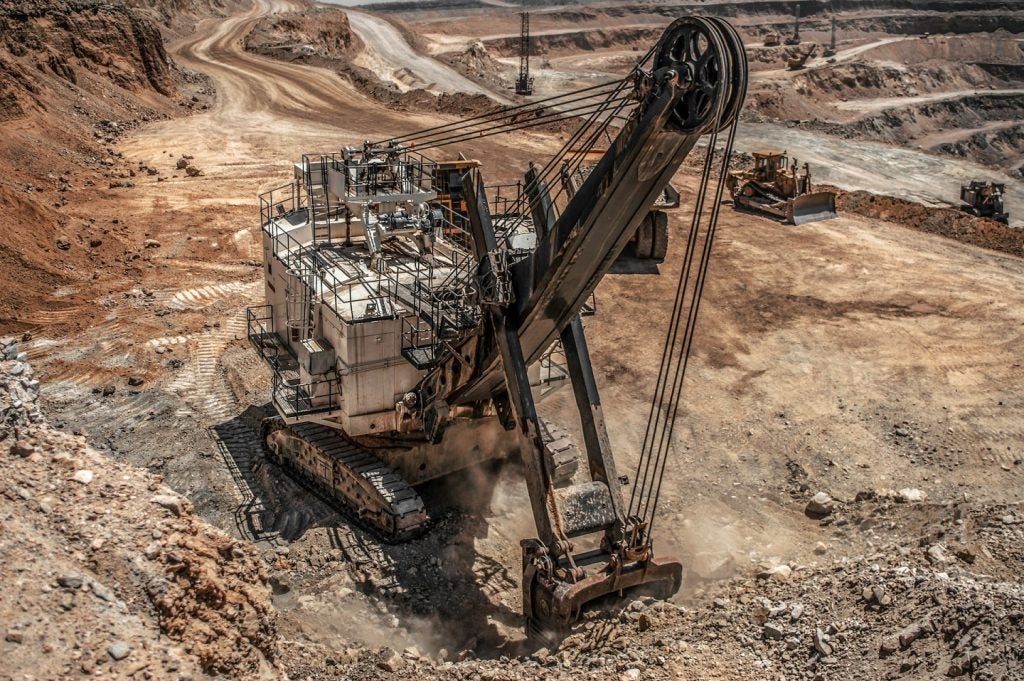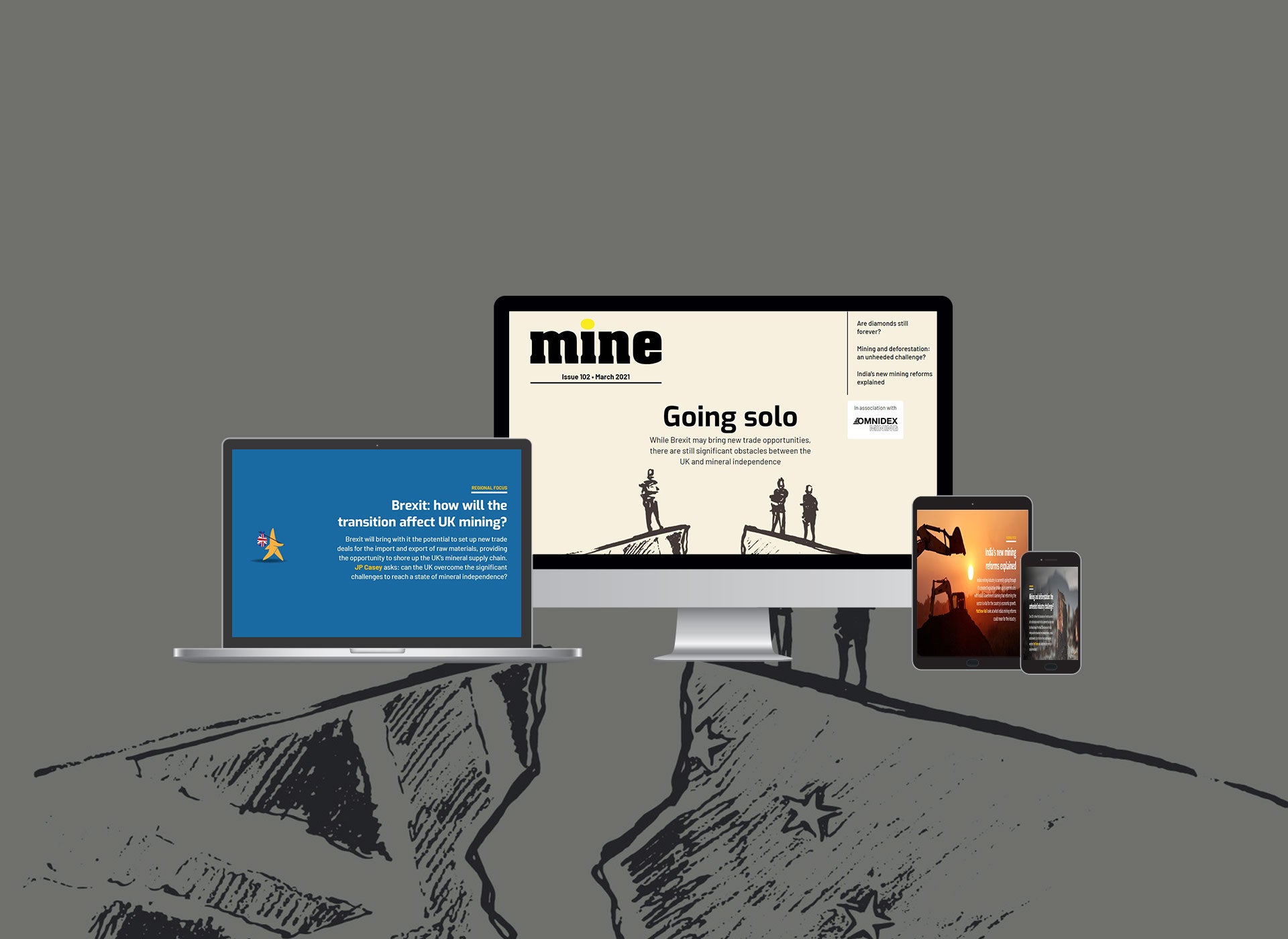
Brexit will bring with it the potential to set up new trade deals for the import and export of raw materials, providing the opportunity to shore up the UK’s mineral supply chain. Can the UK overcome the significant obstacles to reach a state of mineral independence?
Also, since 2014, the New York Declaration on Forests has aimed to do for deforestation what the Paris Agreement has since done for climate change. More than 200 endorsers aim to stop mining and other industries from damaging forests, jungles, and biodiversity. But in this time, the situation has only worsened.
How well do you really know your competitors?
Access the most comprehensive Company Profiles on the market, powered by GlobalData. Save hours of research. Gain competitive edge.

Thank you!
Your download email will arrive shortly
Not ready to buy yet? Download a free sample
We are confident about the unique quality of our Company Profiles. However, we want you to make the most beneficial decision for your business, so we offer a free sample that you can download by submitting the below form
By GlobalDataElsewhere, India’s mining industry is currently going through it’s greatest legislative shake up in a generation, with India’s Government claiming that reforming the sector is vital for the country’s economic growth. We look at what India’s mining reforms could mean for the industry.
Whether you are on a desktop, tablet or smartphone, you can read the magazine for free online, and join the conversation on Twitter.

In this issue
Brexit: how will the transition affect UK mining?
Brexit will bring with it the potential to set up new trade deals for the import and export of raw materials, providing the opportunity to shore up the UK’s mineral supply chain. JP Casey asks: can the UK overcome the significant challenges to reach a state of mineral independence?

Talking automation, emissions, and expansion with Ferrexpo
Despite an extraordinarily difficult year, Ferrexpo has managed to increase production, kick-off an expansion project, and continue an automated truck pilot scheme, while also plotting its carbon neutrality strategy. To find out more, Heidi Vella spoke with the company’s acting CEO, Jim North.

Are diamonds still forever?
Following the disastrous impact of Covid-19 on the diamond market in the first half of 2020, De Beers has since forecast full year sales of roughly $1.8bn as the market continues to recover. Scarlett Evans dives into the state of the diamond market and what lies ahead for the sector.

Mining and deforestation: the unheeded industry challenge?
Since 2014, the New York Declaration on Forests has aimed to do for deforestation what the Paris Agreement has since done for climate change. More than 200 endorsers aim to stop mining and other industries from damaging forests, jungles, and biodiversity. But in this time, the situation has only worsened. Matt Farmer asks: what more can miners do to stop deforestation?

Digitising drill and blast operations
Drill and blast operations are an important, complex, and safety-critical part of many early-stage mining projects. Automation and digitisation solutions are already starting to enhance blasting activities around the world, as attested to by a range of projects and partnerships. Matthew Hall searches the globe for some of the biggest recent innovations.

Elsevier on bringing MapStand’s data into Geofacets
Information and analytics company Elsevier is integrating MapStand data layers and news into Geofacets, its information solution for geoscientists working across energy sectors. Matthew Hall speaks to Jack Bashian, director of business development at Elsevier Engineering Solutions, to find out how this collaboration is helping mining companies.

India’s new mining reforms explained
India’s mining industry is currently going through it’s greatest legislative shake up in a generation, with India’s Government claiming that reforming the sector is vital for the country’s economic growth. Matthew Hall looks at what India’s mining reforms could mean for the industry.

New uses for old mine shafts
While some mining rehabilitation projects are expansive attempts to regenerate the land damaged by mining, other efforts are finding new uses for abandoned mine shafts. Yoana Cholteeva looks at new uses for these old structures.

Preview – MINE Magazine April
The World Economic Forum’s Mining and Metals Blockchain Initiative has released a proof of concept for a blockchain based system that will track emissions from the mine to the final product. Set up with Anglo American, Antofagasta Minerals, Eurasian Resources Group, Glencore, Klöckner & Co, Minsur, and Tata Steel, the initiative hopes to accelerate responsible sourcing in the industry by pooling resources and costs. We take a look at the project so far, and find out what challenges remain.
Also in this issue, we profile some of the biggest innovations and changes to mining culture to come from rescues, take a look at how China is widening its reach for iron ore, and catch up with Aggreko to learn about a ground-breaking solar power hybrid solution to power a mine located at high-altitude in the Andes Mountains.
Plus, we ask at what point mining will no longer be economically viable, explore Vattenfall and Kaunis Iron’s fossil fuel-free partnership, map rare earths projects outside of China, and question whether the Woodhouse Colliery coal mine fits with the UK’s decarbonisation plans.


